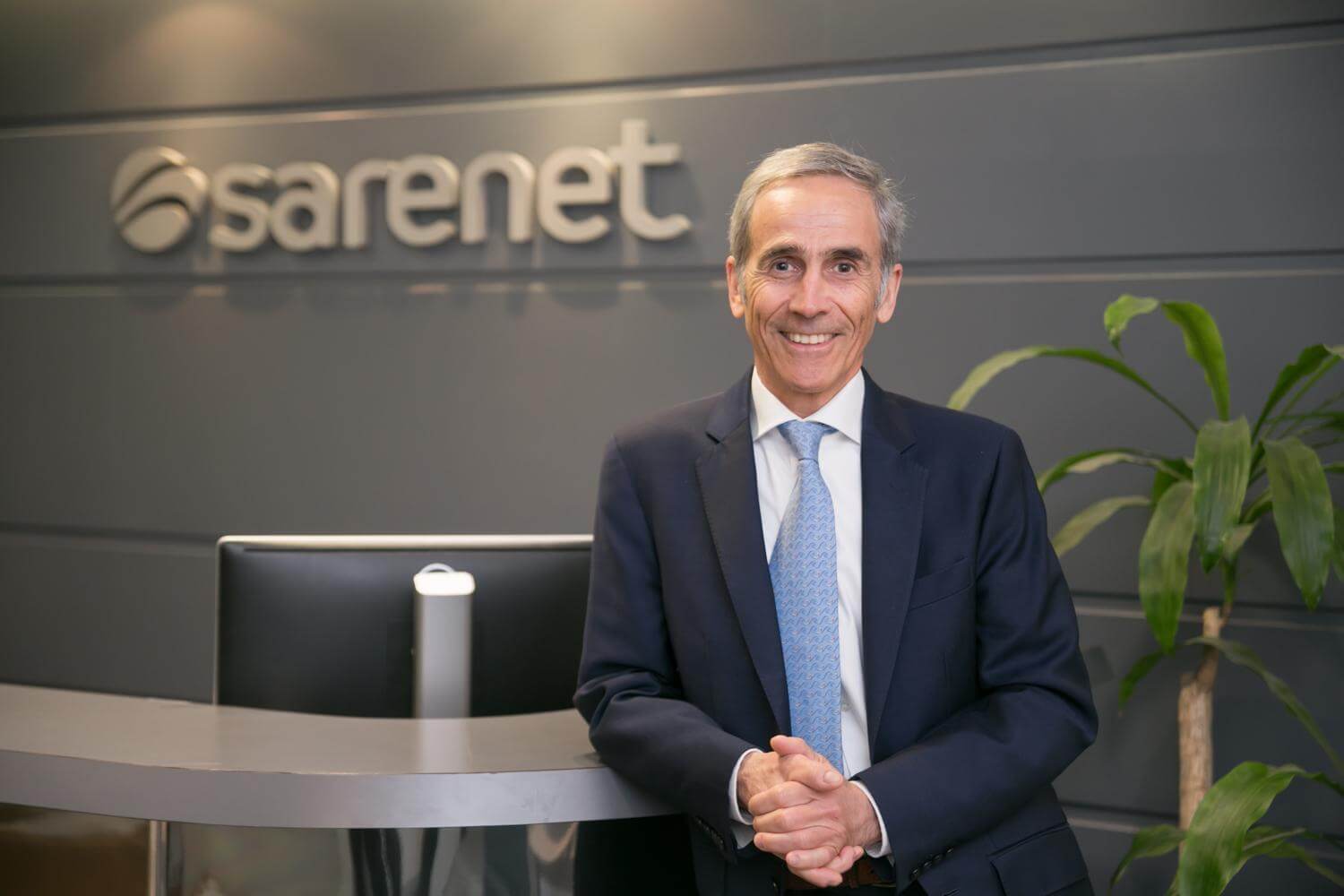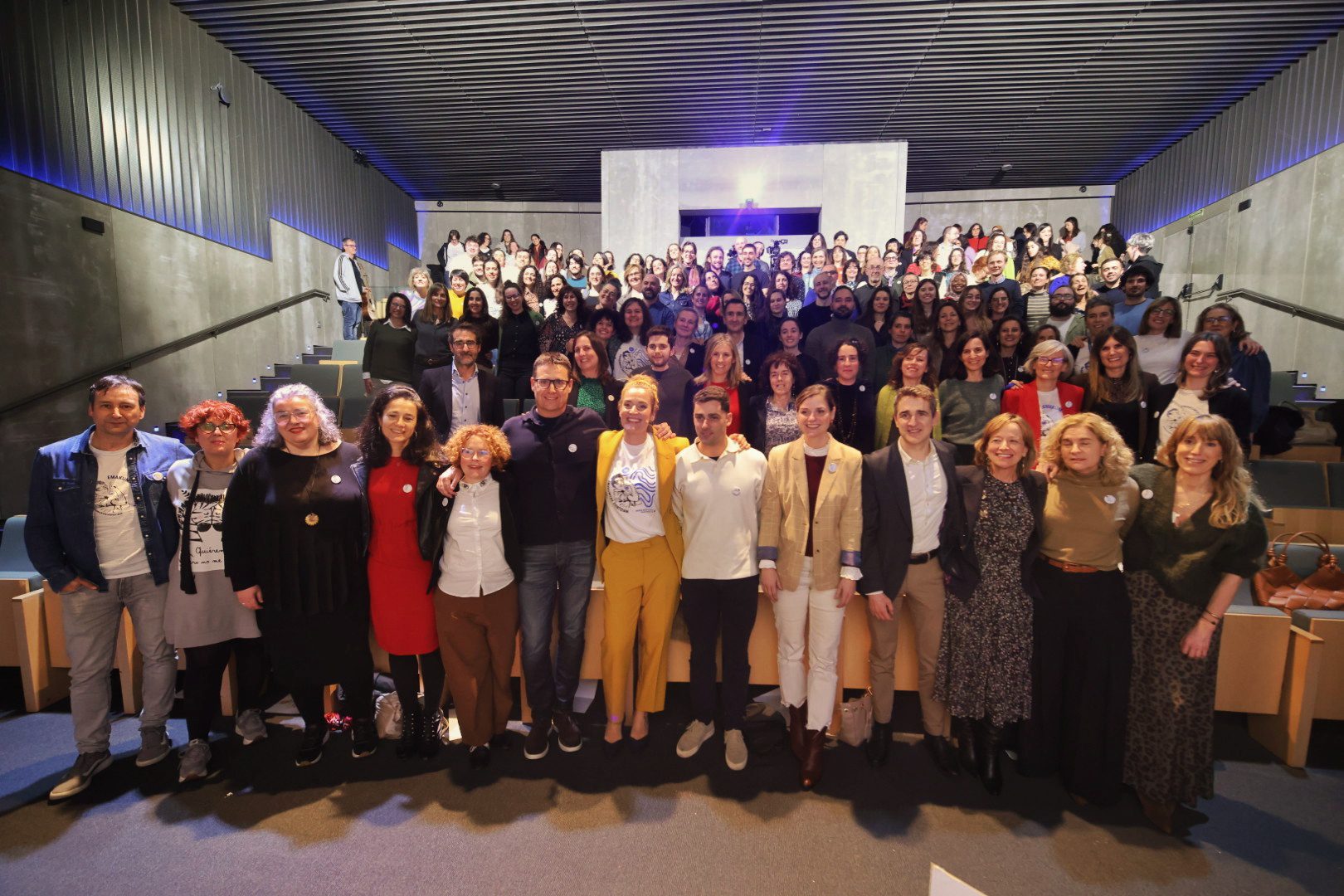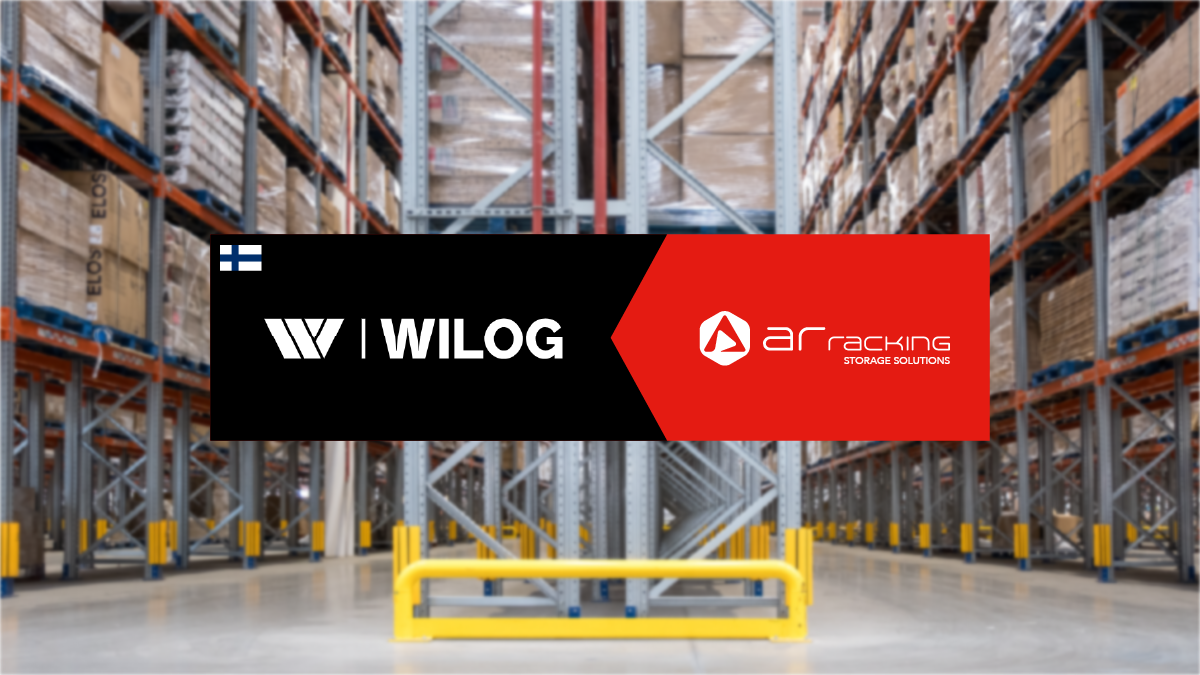Ana Beobide, Juan Luis Cañas, Julián Lazkano, Tomás Letamendia and Virginia Oregui will receive the Korta 2023 awards

The jury, chaired by the Regional Minister for Economic Development, Sustainability and the Environment, Arantxa Tapia, has highlighted the involvement of the award winners in their professional activity and in the development of business values.
The awards will be presented on 21 November in Donostia, in a ceremony presided over by the Lehendakari, Iñigo Urkullu.
The Joxe Mari Korta awards were established in 2000, following the murder of the Gipuzkoan businessman and president of Adegi.
 Every year, the Basque Government, through its Department of Economic Development, Sustainability and Environment, awards the Joxe Mari Korta prize to Basque businessmen and women who stand out for their life and business career. This year’s winners are: Juan Luis Cañas Herrera, proposed by SEA-Empresarios Alaveses; Ana Beobide Laucirica, candidate presented by CEBEK; Julián Lazkano Uranga and Tomás Letamendia Goenaga, ex aequo, presented by ADEGI, and Virginia Oregui Navarrete proposed by the Korta Bidetik Foundation. The prize-giving ceremony will be held on 21 November at the Donostia Campus of the Euskadi Technology Park (Miramón), and will be presided over by the Lehendakari, Iñigo Urkullu.
Every year, the Basque Government, through its Department of Economic Development, Sustainability and Environment, awards the Joxe Mari Korta prize to Basque businessmen and women who stand out for their life and business career. This year’s winners are: Juan Luis Cañas Herrera, proposed by SEA-Empresarios Alaveses; Ana Beobide Laucirica, candidate presented by CEBEK; Julián Lazkano Uranga and Tomás Letamendia Goenaga, ex aequo, presented by ADEGI, and Virginia Oregui Navarrete proposed by the Korta Bidetik Foundation. The prize-giving ceremony will be held on 21 November at the Donostia Campus of the Euskadi Technology Park (Miramón), and will be presided over by the Lehendakari, Iñigo Urkullu.
The jury, chaired by the Basque Minister for Economic Development, Sustainability and the Environment, Arantxa Tapia, has highlighted the involvement of the award winners “in the business sectors in which they have developed their professional activity, as well as their relevance in the development of business values, the creation of companies, the generation of new activities and jobs”.
The award is named after the president of Adegi who was murdered in August 2000, and was created to publicly recognise the qualities and efforts of people who lead the Basque economic ecosystem, and who through their investments and work create employment and wealth, elements that benefit society as a whole.
Candidates may be nominated by business associations, trade corporations or professional associations in the three Historical Territories, as well as by the Joxe Mari Kortaren Bidetik Foundation and by companies based in the Basque Country.
Ana Beobide: founding partner and board member of Graphenea
Ana Beobide is currently a founding partner and board member of Graphenea, a world leader in the production of high added value graphene of high purity.
With a degree in Economics and Business Studies from the Commercial University of Deusto, a master’s degree in Foreign Trade from the same University and a master’s degree in business management, with a Senior Management programme, from the Instituto de Empresa, Beobide began her professional career at the Basque Energy Agency in 1987.
Two years later, in 1989, she became a partner at AB Asesores Norte A. V., a company acquired by Morgan Stanley, where she held the position of Northern Regional Director until 2008. After her time at La Caixa, where she was Director of Northern Territorial Private Banking, in 2009 she became a partner of Alantra Wealth Managemnet, a relationship she maintains today. Since 2010, she has been a founding partner and director of Graphenea.
Ana Beobide is also an independent director of the Miinersa Group (since June 2023), director of Sociedad Rectora de Bolsa de Bilbao. BME Group (since 2019), independent director of Petronor (since 2016), and director of Alba Emission Free Energy S.A. (since 2020).
Her extensive CV includes other professional experiences related to volunteering (Junior Achievement Foundation), the media (contributor to the Economy section of El Correo ON), and teaching (assistant lecturer in Foreign Trade at the Commercial University of Deusto).
Juan Luis Cañas: a benchmark for Rioja wines
Juan Luis Cañas is a master industrialist. He worked for several years for the multinational Zanussi Electrolux, until, in 1989, at the age of 33, he decided to return to Villabuena and continue with the family winery. After studying oenology and viticulture, he turned the winery around and began to produce new wines, with a modern business idea that has led Bodegas Luis Cañas to become a benchmark for Rioja wines.
With the 1995 vintage he created Amaren, as a tribute to his mother, and in 2009 he separated it from Luis Cañas to become his own winery, with his project materialising in 2014 with the winery located in Samaniego.
Always with that non-conformist and enterprising spirit, in 2008, he launched the “Dominio de Cair Winery” in Ribera del Duero.
In 2012, Neal Martin, Robert Parker’s collaborator for the Wine Advocate magazine, considered one of the wines from Bodegas Luis Cañas, the Luis Cañas Crianza 2009, as the best value for money wine.
Committed to the business world, he has held different positions in SEA Empresas Alavesas, Confebask, Basquetour and Elkargi. He is currently a member of the Alava Chamber of Commerce.
Juan Luis Cañas has always been convinced that “only the best grapes make the best wine”. For this reason, he has been a staunch defender of the importance of the vineyard, implementing a rational and sustainable viticulture, based on a commitment to the territory and its people.
Always attached to his origins, José Luis believes that a company is only successful if it shares value among all and gives special importance to the sustainability of the actors in the environment. In this sense, he believes that in order to look to the future we must not forget the legacy of our ancestors. Proof of this is the ambitious R&D&I project initiated by the family in 2016, in which they want to recover minority grape varieties native to the area that can guarantee the future viability of the vineyards.
In 2007 he was considered Best Basque Entrepreneur of the Year, and in 2021 he was awarded the “Great Entrepreneur” prize by the Provincial Council of Alava.
Julián Lazkano and Tomás Letamendia: creators of BieleGroup
At the request of Adegi, the jury awarded an ex aequo prize to Julián Lazkano and Tomás Letamendia, who together founded the company Biele in 1973, a name that alludes to the two “L “s in the initials of their surnames.
Their personal and professional trajectories have many coincidences, from the date and place of birth (Azpeitia, Letamendia was born in 1945 and Lazcano in 1946) to their entrepreneurial nature and their eagerness to train and progress.
Julián Lazkano was born in the Antzibarrena farmhouse in Azpeitia. The last of ten siblings, from an early age he helped with the farm work and at the age of 14 he started working at the Zubiola company, dedicated to the development and manufacture of cutting tools for wood. At the same time, he attended line drawing and mathematics classes.
At Zubiola, he started as an apprentice woodworking machine fitter and, years later, became responsible for the assembly and maintenance of the machines installed in the customers’ plants. For five years he visited plants all over Spain.
In 1973, he began a new stage in his career, founding Biele, together with Tomás Letamendia.
Tomás Letamendia was a year older. Born in 1945 in the Arretxe farmhouse in Azpeitia, he was the eighth of ten siblings and, as a child, he combined his studies with farm work. At the age of 15, he joined the Sprint company to work as a mechanic and assemble machines. Without, however, giving up his evening classes. In 1968, he joined Zubiola as an apprentice woodworking machine fitter.
With the creation of Biele, the professional destinies of Letamendia and Lazkano came together. In the early days, Tomás’ wife, Belén Larrinaga, also collaborated in the accounts of the small company.
Biele was dedicated to the repair and maintenance of machinery for the wood sector, so Julián and Tomás moved from factory to factory in the Urola area. Over time, the company began to design its own machinery and the partners took on new roles. Letamendia became head of Purchasing and, in recent years, he managed both the warehouse and logistics. Lazkano, for his part, was an advisor to the Projects office, being a key person in the design of the machines.
Both retired in 2007, after a life dedicated to the company they created, and to which they are still closely linked.
Virginia Oregui: creator of Geroa Pentsioak EPSV
Virginia Oregui, from San Sebastian, holds a degree in Business Studies from CUNEF, and began her professional career in 1985 at ADEGI, where she worked as a tax advisor. In 1988 she joined a subsidiary of Banco Guipuzcoano in San Sebastian, CISA (Consejeros de Inversión) with the mandate to develop and set up the Management Company of the Bank’s Investment Funds, and its first two funds. In 1990 she was appointed manager of Guipuzcoano Sociedad Gestora de Instituciones de Inversión Colectiva and in 1991 sole administrator of Guipuzcoano Sociedad Gestora de Fondos de Pensiones.
In 1996, she took on a new challenge: the creation and development of a sectoral employment pension entity in Gipuzkoa, agreed by common accord between employers and trade unions from different sectors of activity. The entity is called Geroa Pentsioak EPSV, and currently manages €1500m.
ADEGI and the trade unions ELA, LAB, CCOO and UGT reached an agreement in the metal sector to create Geroa, where contributions of 1.5% of salaries would be shared between the company and the workers to supplement pensions. This percentage has gradually increased to the current 4.60% and has been extended to 20 sectors, covering 1 out of every 3 workers in Gipuzkoa.
In 2001, the first pensions began to be paid, which today amount to more than 200 € on average per month, which represents 12% of the amount of the members’ public pensions. Not only in the event of retirement, but also in the event of disability or death, the active member’s benefit is supplemented by an Additional Capital.
Geroa is a pioneering institution and an example to follow in Spain in the area of pension supplementation. All its investments are made in accordance with Socially Responsible Investment criteria.




